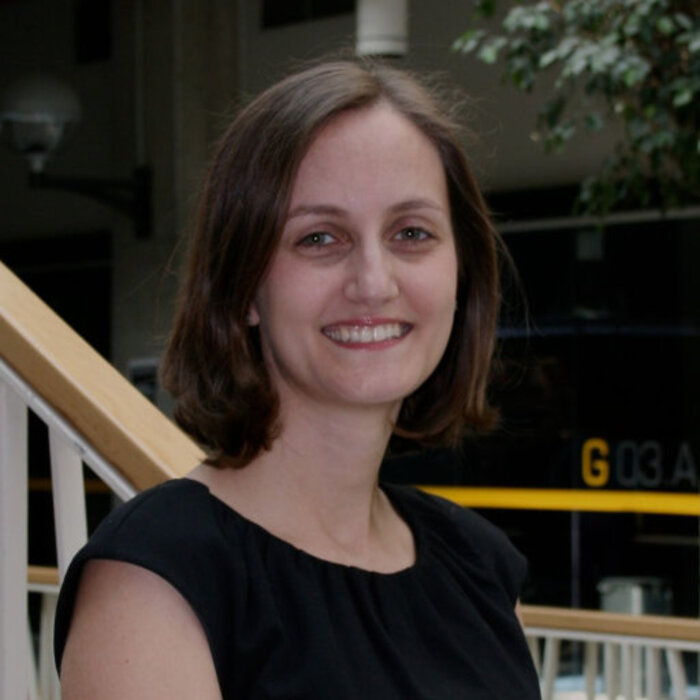
April 29th, 4:30pm, Conference Room 1, CIMCYC
Title: Relations between pretend play, theory of mind, and social competence in preschool-aged children
Abstract: Development of social competence in early childhood has long-lasting positive effects such as positive peer relationships (Ladd, 1999) and is linked to children’s pretend play, which involves ‘as if’ and nonliteral actions (Dunn & Cutting, 1999). Furthermore, children’s understanding of others’ minds - known as theory of mind (ToM) – is associated with pretend play and social competence (Newton & Jenvey, 2011). However, the directionality of these interrelations is not well established.
In our longitudinal study we assessed the interrelations between pretend play, ToM, and social competence, collecting data from 97 children at two-time points one-year apart (Time 1: Mage = 45.71 months, SD = 5.92). We found that ToM at Time 1 predicted pretend play at both time points. ToM also predicted social competence at each time point. A bidirectional link has been found between pretend play and social competence; pretend play at Time 1 predicted social competence at Time 2, and social competence at Time 1 predicted pretend play at Time 2, controlling for respective abilities at Time 1. Given the correlational nature of our design, it is difficult to make causal connections between these variables but potential relations and possible future directions are discussed.
May 2nd, 12:30, Conference Room 1, CIMCYC
Title: Anthropomorphism and imagination in children and adults
Abstract: Attribution of human characteristics to non-human entities is known as anthropomorphism and although individual differences in anthropomorphism are well-studied in adults (Waytz et al., 2010), research on the development and correlates of anthropomorphism in childhood is rather scarce. In this talk, I will start by introducing different assessment tools for anthropomorphism that are frequently used in the literature and present findings from our own studies demonstrating that these different measures might actually be assessing different underlying mechanisms. I will then discuss how anthropomorphism and imagination might be linked (in children and adults), and present findings from our lab. I will especially focus on imaginary companions (imaginary friends that are created by individuals and interacted with on a regular basis) as a tool for assessment of imagination. In the final part of my talk, I will discuss other potential correlates of anthropomorphism and how we can study it in young children and adults.